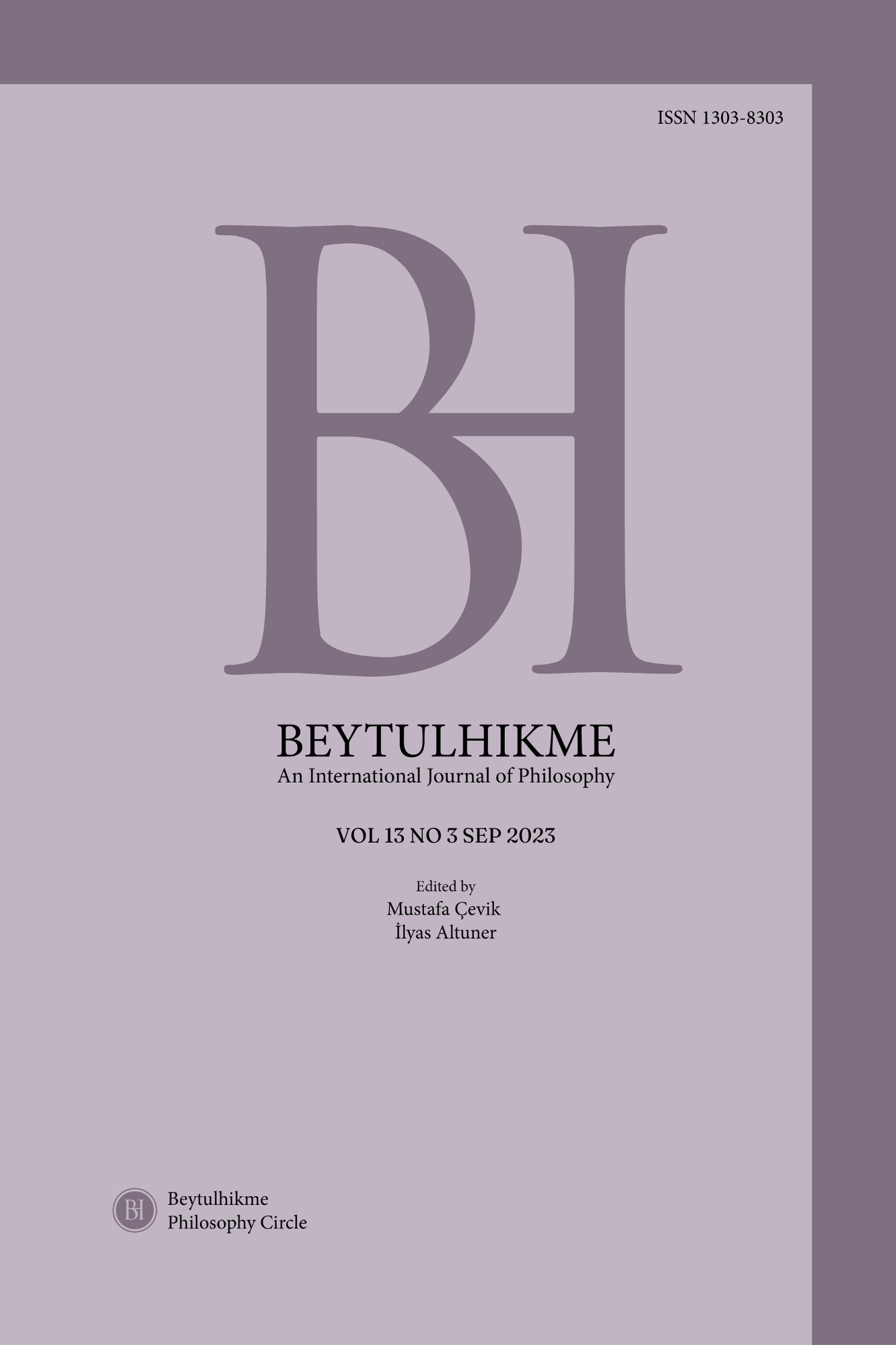Author :
Abstract
Bu makale devletin hukuki biçim aracılığıyla toplumsal bütünlüğü belirleyerek sınırlandırması ve toplumsal ilişkilerin yeniden üretimini şekillendirmesi teorik olarak ele almaktadır. Kapitalist toplumsal ilişkilerin ortaya çıkmasında ve yeniden üretilmesinde hukukun rolünün ne olduğunun anlaşılabilmesi için devlet biçiminin belirlenmesi gerekmektedir. Kapitalist toplumdaki siyasi gelişmenin temel yeniliği, şiddetin meşru kullanımına ilişkin tekelin merkezi bir devlet aygıtına hasredilmesidir. Bu durumun sivil toplumdaki üretim ilişkileri vasıtasıyla nasıl oluşup geliştiği ve zorlayıcı şiddet tekelinin bu üretim ilişkileriyle etkileşiminin içeriği, devlet biçimi tartışmasına ilişkin temel sorulardır. Makalede bu sorulara yönelik ilk olarak Kelsen’in temsil ettiği pozitivist hukuk okulu yaklaşımı, ardından Weber'in modern uzmanlaşma ve ussallaşma analizinın neticesi ortaya çıkan yaklaşımı ve son olarak Paşukanis’in temsil ettiği devletin ve hukukun gelişimini tarihsel materyalist yöntemle yorumlayan yaklaşımı ele alınmıştır.
Keywords
Abstract
This article theorizes that the state, through its legal form, determines and limits social cohesion and shapes the reproduction of social relations. In order to understand the role of law in the emergence and reproduction of capitalist social relations, it is necessary to identify the form of the state. The main innovation of political development in capitalist society is the centralization of the monopoly on the legitimate use of violence in a centralized state apparatus. How this is generated and developed through the relations of production in civil society and the content of the interaction of the monopoly of coercive violence with these relations of production are fundamental questions for the discussion of the form of the state. The article first discusses the positivist legal school approach represented by Kelsen, then Weber's approach that emerged as a result of his analysis of modern specialization and rationalization, and finally Paşukanis' approach that interprets the development of the state and law through a historical materialist method.





